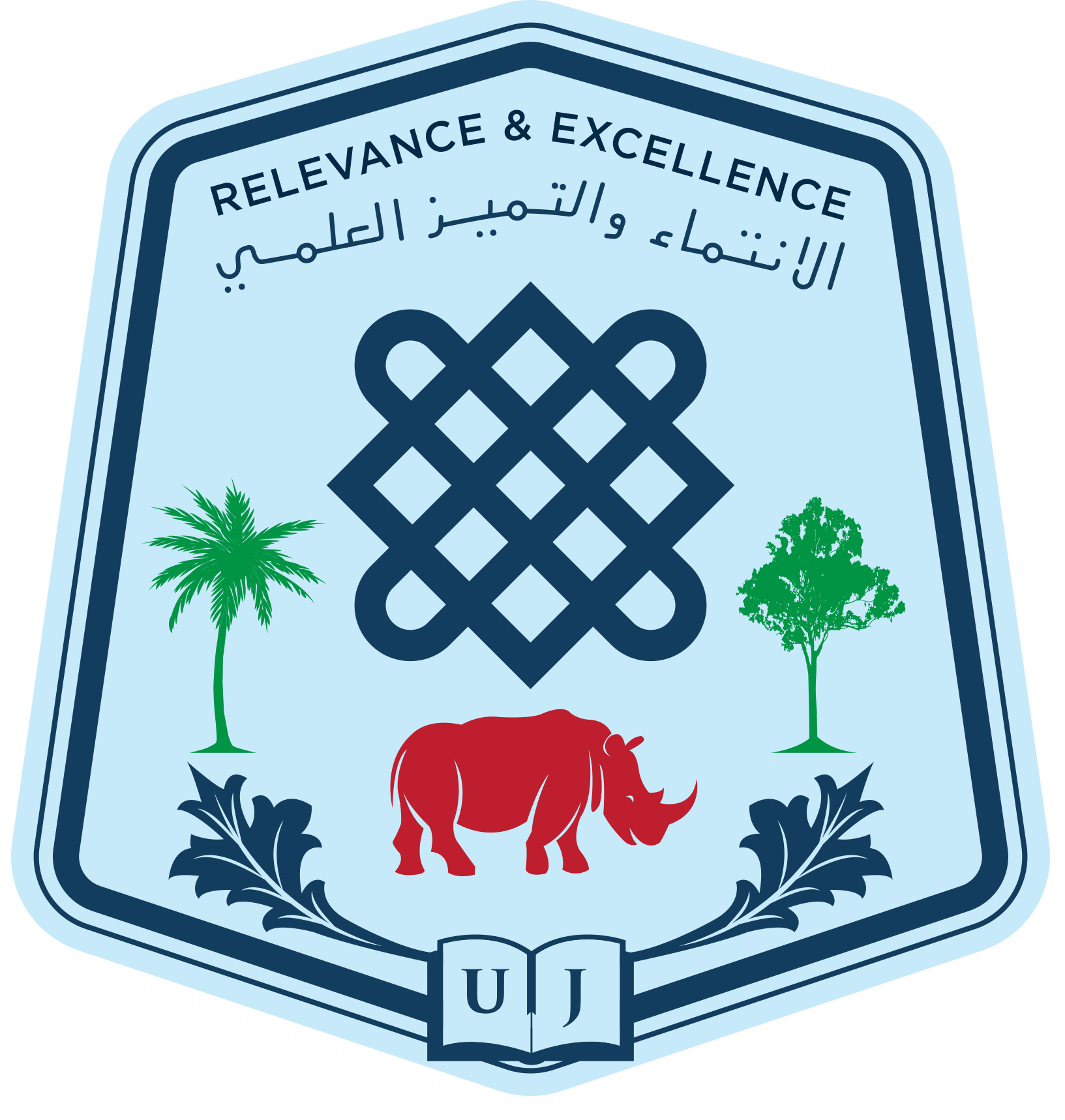Jacob Dut Chol Riak
ABSTRACT
The quest for institutional engineering in post-liberation South Sudan has been a dream for institutional engineers in political science and, particularly, comparative politics for a very long time. While many South Sudanese view decentralization and federalism as the same, the empirical literature and fieldwork carried out look at decentralization as a system of governance where powers at the national government are delegated to the sub-national levels of the government. Besides, federalism is discussed as the surrendering of powers at the national level to the sub-national levels of governments. The powers that are delegated can be taken back by the national government, while the powers surrendered cannot be taken back by the national level, except for the concurrent powers. This study argues that federalism and, particularly, territorial type, are the best institutional engineering for South Sudan. This was demonstrated by 60% of 200 respondents who emphasized that South Sudan should immediately adopt territorial federalism. Although other South Sudanese and their leaders associated federalism with Kokora, a Bari word for ‘division or divide’, this has not been the case from the literature review and discussions of the results. The majority of the respondents indicated that federalism is not associated with Kokora, as it is a concept of surrendering powers to the sub-national levels of governments. Hence, there is no fear of Kokora coming back to target the non-Equatorians as it was done in the 1980s. While the study used process-tracing and a case study of South Sudan as its methodology, it also used a mixed research design that enhanced qualitative as well as quantitative approaches. Although the study deployed a sampling technique of random and cluster sampling, it determined a sample size of 200 respondents, which is sufficient for generalization. It is crucial to conclude that federalism with a territorial type is urgently required for the case of South Sudan. The government should carry out civic education on territorial federalism, and it should be adopted immediately to chart the path of South Sudan to prosperity. While adopting territorial federalism for South Sudan, quality leadership is critical for this type of federalism to yield positive results.
Keywords: Decentralization; Federalism; Institutional engineering; Kokora; Post-liberation
Download the PDF File The Quest for Institutional Engineering in Post-Liberation South Sudan: Should it be Decentralization or Federalism?
